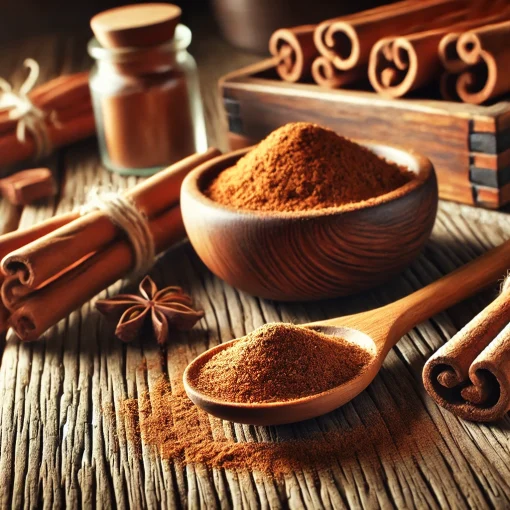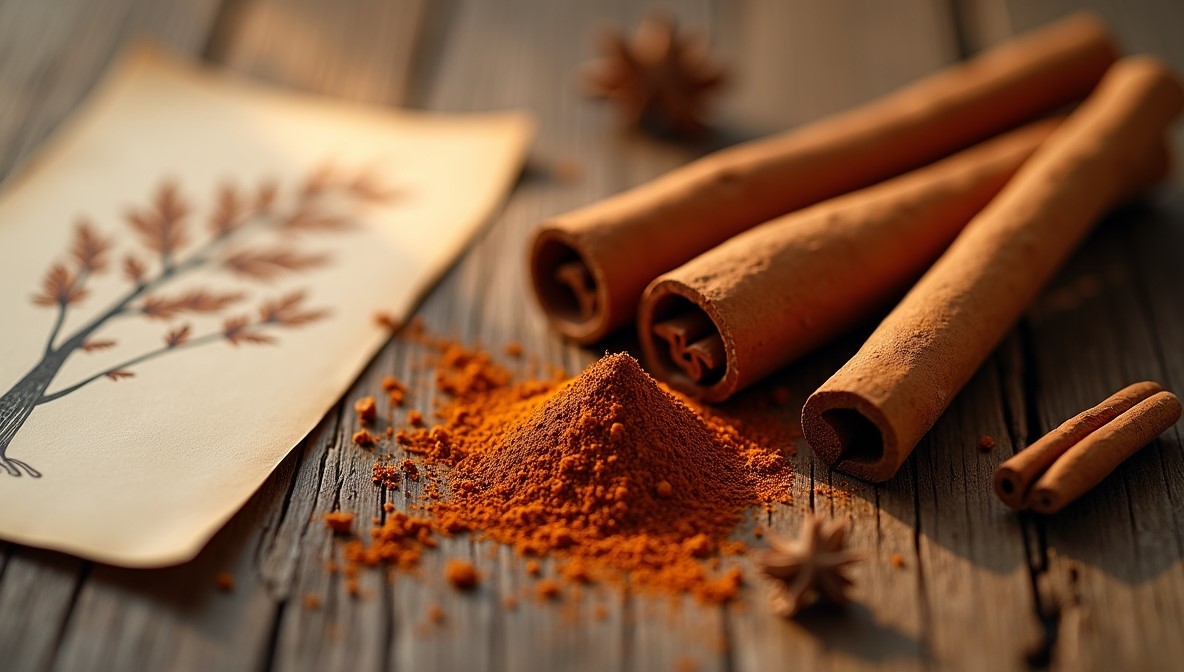Cinnamon has long been valued for its flavor and medicinal properties. Recent research suggests that this common spice may have the ability to combat viruses, making it more than just a kitchen staple. But does cinnamon truly have antiviral properties, or is this just another health myth?
Studies indicate that cinnamon contains compounds capable of disrupting viral activity. Cinnamaldehyde, the active ingredient responsible for its distinct aroma and taste, has shown promise in preventing the spread of certain viruses. Researchers have found that cinnamon extracts can inhibit the growth of viral strains, including influenza, herpes, and even some coronaviruses.
This article examines how cinnamon affects viruses, the scientific evidence supporting its antiviral properties, and practical ways to incorporate it into your routine.
How Cinnamon Fights Viruses
1. Interfering with Viral Structure
Cinnamon contains bioactive compounds that can weaken viral envelopes, preventing them from attaching to host cells. Without a stable structure, viruses struggle to replicate and spread.
2. Blocking Viral Replication
Some studies suggest that cinnamaldehyde and eugenol, both found in cinnamon, can suppress the replication of viruses. By interfering with the genetic material inside the virus, these compounds reduce the ability of infections to take hold.
3. Boosting the Immune System
Cinnamon possesses strong antioxidant and anti-inflammatory properties. Regular consumption can help strengthen the immune response, making it harder for viruses to gain a foothold.
4. Disrupting Viral Communication
Certain viruses rely on quorum sensing, a process that allows them to coordinate attacks on the body. Cinnamon may interfere with this communication, limiting the virus’s ability to cause severe infections.
Scientific Studies on Cinnamon’s Antiviral Effects
Cinnamon and Influenza Viruses
A study published in BMC Complementary Medicine and Therapies found that cinnamon extracts showed strong activity against influenza A and B viruses. The compounds in cinnamon inhibited viral entry and replication, reducing the severity of symptoms.
Cinnamon Against Herpes Simplex Virus (HSV)
Research from the Journal of Medicinal Virology reported that cinnamaldehyde exhibited antiviral effects against herpes simplex virus (HSV-1 and HSV-2). It worked by disrupting viral protein synthesis, making it harder for the virus to spread.
Cinnamon’s Potential Against Coronaviruses
A study published in Frontiers in Microbiology examined various plant extracts against coronaviruses. Cinnamon oil demonstrated the ability to reduce viral activity by targeting the virus’s lipid envelope, weakening its ability to infect cells.
Antiviral Effects on Norovirus
Norovirus, a leading cause of foodborne illness, is resistant to many disinfectants. A study in Food Microbiology found that cinnamon extracts significantly reduced norovirus activity on contaminated surfaces, making it a potential natural sanitizer.
How to Use Cinnamon for Antiviral Benefits
1. Cinnamon Tea for Immune Support
A warm cup of cinnamon tea can provide a steady supply of antiviral compounds. Steep a cinnamon stick or a teaspoon of cinnamon powder in hot water for 10 minutes. Add honey for additional soothing benefits.
2. Cinnamon-Infused Honey
Honey has its own antimicrobial properties. Combining cinnamon with raw honey creates a powerful blend that can be taken daily to support immunity. Mix one teaspoon of cinnamon powder with two tablespoons of honey and consume in the morning.
3. Cinnamon Oil for Surface Cleaning
Diluting cinnamon essential oil in water and using it as a surface spray can help reduce viral contamination in homes. Add a few drops to a spray bottle with water and vinegar for an all-natural disinfectant.
4. Adding Cinnamon to Food
Incorporating cinnamon into meals enhances both flavor and health benefits. Sprinkle it on oatmeal, yogurt, or toast. It also pairs well with smoothies and baked goods.
5. Cinnamon Lozenges for Throat Infections
Sore throats caused by viral infections may benefit from cinnamon’s soothing effects. Herbal lozenges containing cinnamon extract can provide relief while supporting immune defenses.
Potential Risks and Considerations
While cinnamon is generally safe, excessive consumption can lead to adverse effects. Cassia cinnamon, the most common variety, contains coumarin, which can be harmful in large doses. Those with liver conditions should opt for Ceylon cinnamon, which has lower coumarin content.
People taking blood-thinning medications should also exercise caution, as cinnamon may enhance their effects. Consulting a healthcare provider before increasing cinnamon intake is advisable, especially for individuals with pre-existing conditions.
Final Thoughts
Cinnamon’s antiviral potential is backed by scientific research, making it a natural remedy worth considering. Its ability to weaken viral structures, block replication, and support immune function gives it an edge in fighting infections. While not a substitute for medical treatments, it can be a valuable addition to a virus-fighting strategy. Whether used in teas, infused in honey, or applied as an essential oil, cinnamon offers a simple yet effective way to strengthen the body’s defenses.




